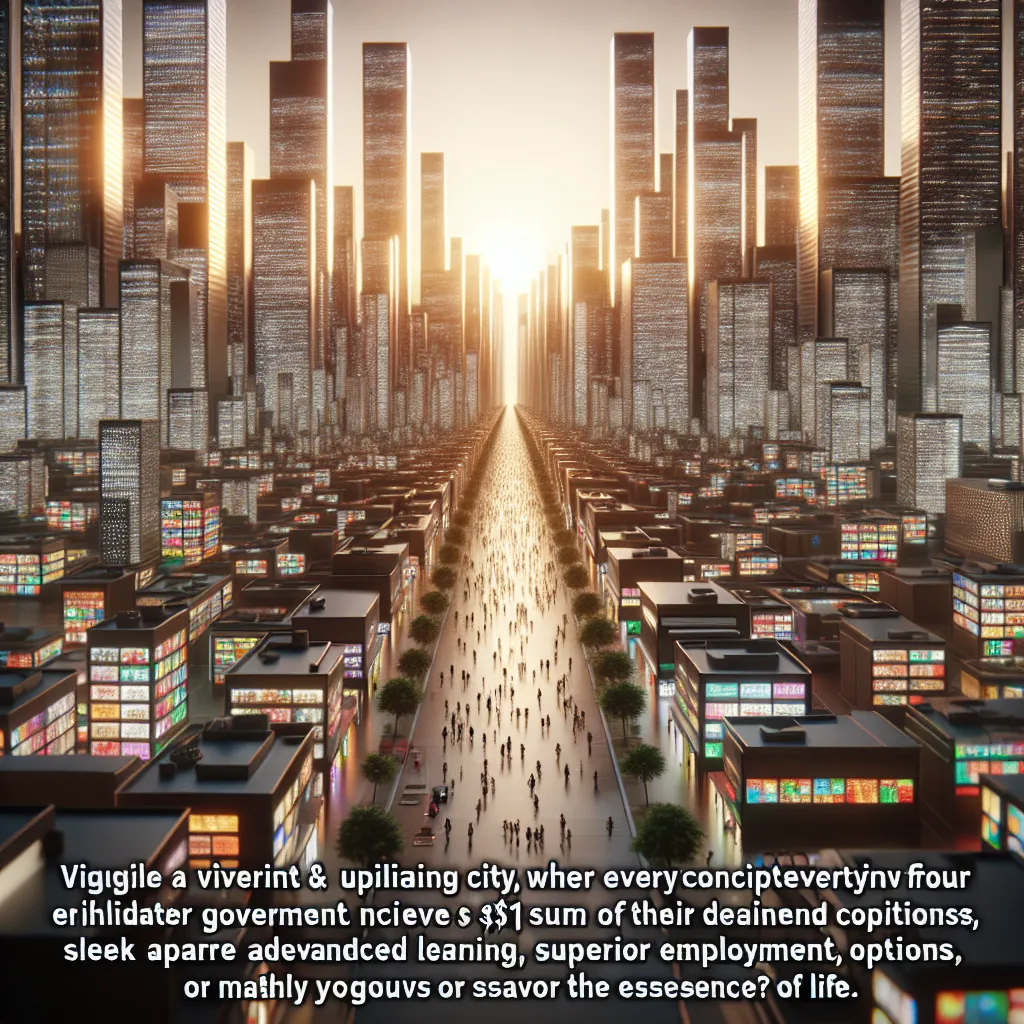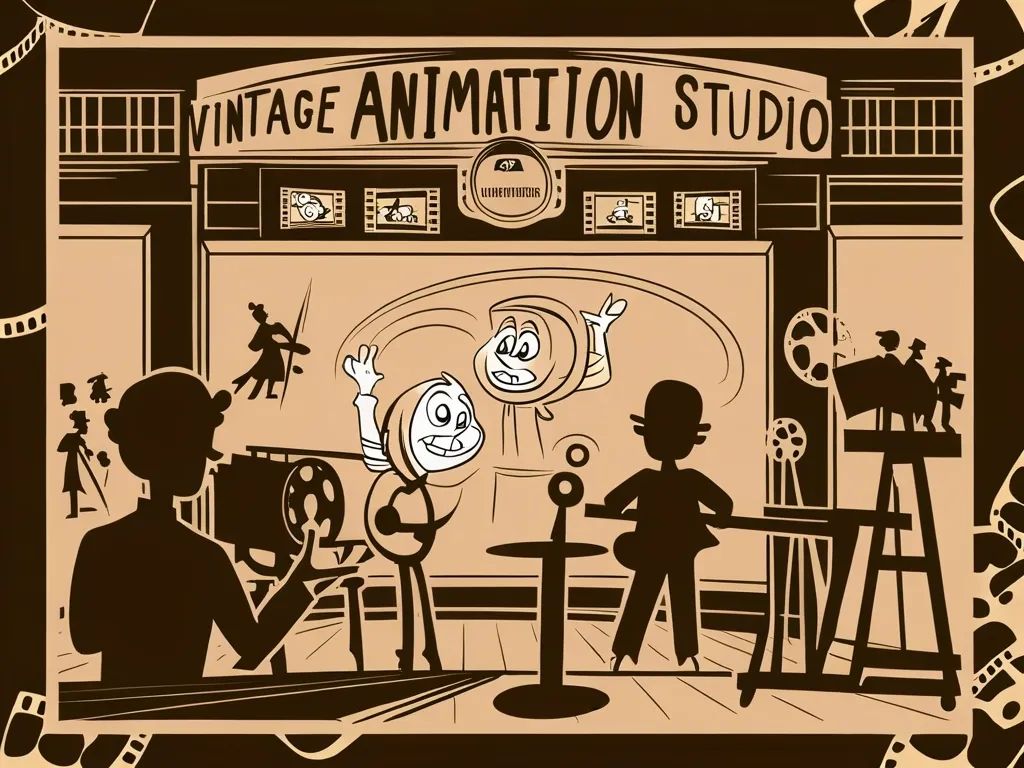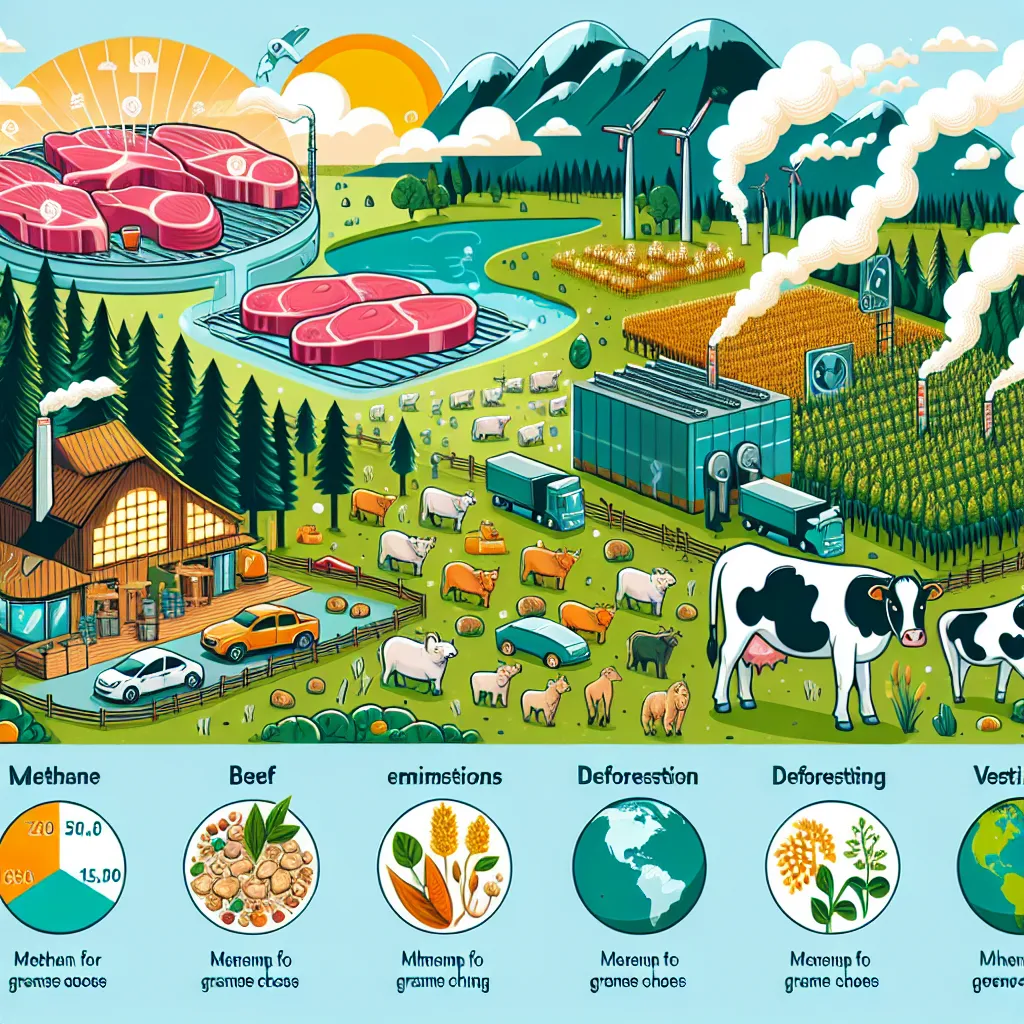Imagine if the state covered your living expenses—would you still work, go back to school, or choose not to work at all? This is the concept of Universal Basic Income (UBI), one of the most ambitious social policies of our time. By 2017, UBI was gaining traction globally, with trials popping up and more countries considering it as an alternative to traditional welfare.
UBI can be defined in various ways. Some believe it should replace welfare and bureaucracy, while others see it as an additional support. For this article, let’s talk about a minimum basic income, enough to stay above the poverty line—around $1,000 a month or $12,000 a year in the US. This money wouldn’t be taxed, and you could use it however you like.
A common worry is that people might blow this money on booze and quit working. However, studies show the poor don’t waste financial handouts on alcohol and tobacco. In fact, the wealthier a person, the higher their consumption of such products. The stereotype of the lazy, drunk poor person is just that—a stereotype.
Looking at past UBI experiments, like those in Canada during the 1970s, only about 1% of recipients stopped working totally, usually to care for kids. Most people used the extra financial cushion to pursue education or better job opportunities, not to slack off.
Current welfare programs often come with restrictive conditions, which can be a waste of time and limit personal freedom. They also risk trapping individuals in poverty. For example, earning an extra $1 can sometimes mean losing all your benefits, leaving you worse off financially than before. UBI, on the other hand, isn’t cut off like welfare benefits; it creates a financial floor that encourages additional income from work.
Critics question UBI’s economic feasibility and worry about inflation. However, since UBI represents a shift in existing funds rather than printing new money, inflation isn’t a likely issue. The funding for UBI could come from eliminating other welfare programs, raising taxes, or a mix of approaches. In the US, a UBI could stimulate the economy, boosting GDP by encouraging spending among lower-income populations.
But who will perform the tough and unpleasant jobs if everyone has a basic income? UBI might allow workers to demand better pay and conditions, adding value to the economy.
Some argue for a UBI high enough for a middle-class lifestyle. This challenges the current societal structure, where work defines status and opportunities but often leaves people unfulfilled. In 2016, only a third of US employees felt engaged at work, with the rest either disengaged or actively miserable. If given financial freedom, would 67% of people stop working? That’s unlikely. Work offers purpose, social connections, and a sense of contribution.
While UBI may not cover all issues like regional cost-of-living differences or housing costs, its potential to reduce poverty and stress is significant. Yet, more research and extensive trials are needed to decide on the ideal implementation and funding for UBI.
UBI could transform society, alleviating poverty and anxiety, but we need to figure out the details and potential trade-offs. While its future remains uncertain, UBI’s promise makes it a fascinating and potentially revolutionary concept.






